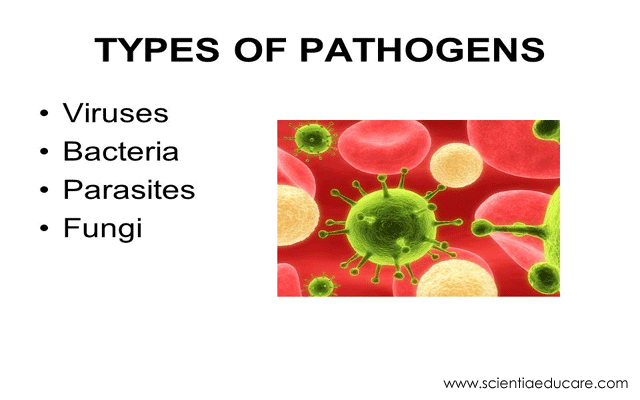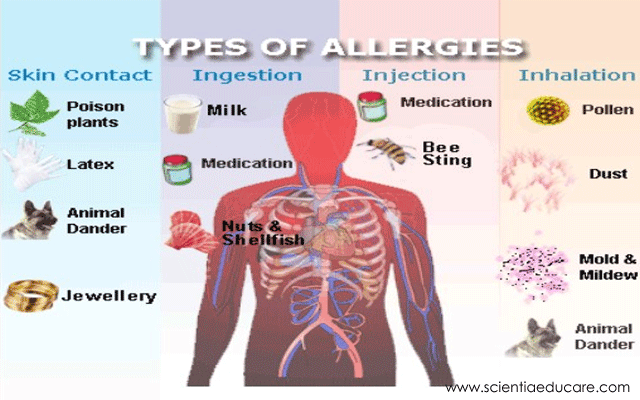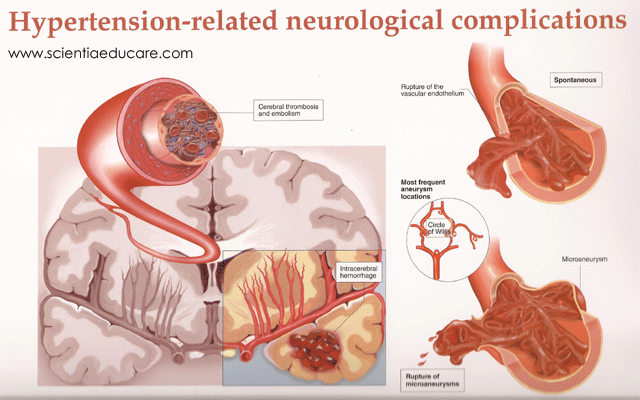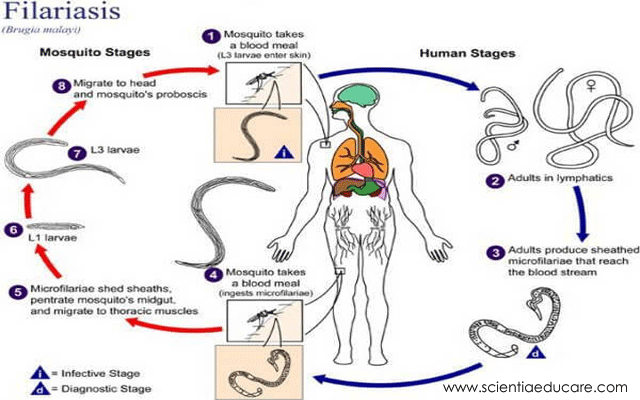WHAT'S NEW
Pathogen
ACCESSORIES
Supreme Court cancels All India Pre-Medical Test
Yoga is an art, science and philosophy: Pranab Mukherjee
LATEST ARTICLES
How do cats see at night?
Cats often hunt at night, and consequently they need superior night-time vision to primarily diurnal creatures. The way their eyes have adapted is by the introduction of an extra layer behind the retina, called the tapetum lucidum, which reflects light back through the retina to enhance perception in low-level light. This allows cats to see even when the level...
Why do ice crystals form when melted ice cream is refrozen?
Ice cream is usually made from milk (which contains water, lipids, proteins and lactose), flavourings and sugar. Separate ice crystals are always present in ice cream, however they are so small and numerous that our tongues can’t detect them. Ice cream gets its smooth texture in the manufacturing process by being stirred slowly while cooling. Larger ice crystals will...
Root canals
Although they seem pretty solid, our teeth are hollow inside – all the way to the roots. The core is filled with nerves, blood vessels and a connective tissue called dental pulp. In the actual tooth, this space is known as the coronal chamber, but when you get down to the roots, they’re called canals. The blood vessels run...
Why is chocolate bad for animals?
Nearly all humans love chocolate, it gives us immense pleasure when we devour it and contains nothing that is directly harmful too us, unless you include the fat and sugar that can be detrimental to our overall health. However, it’s a different story for our beloved pets; they are unlikely to get off so lightly if they consume large...
Heatwaves explained: The causes and effects of hot weather
Although, according to Met Office meteorologist John Hammond, there’s no official definition of a heatwave, these hot-weather phenomena take their toll not only on a population’s health, but also business and infrastructure – such as power, water and transport. A heatwave is a period of unusually hot or humid weather that lasts at least two or three days – and...
How does sunburn damage the skin
Sunburn is caused by an overexposure to either sunlight or artificial UV rays. Sunburn doesn’t occur every time the skin is exposed, indeed low- level exposure often causes tanning, a darkening of the skin caused by an increase in levels of melanin, a pigment already present in skin. Burning is a reddening of the skin caused by groups of blood...
CERN’s pentaquark: The Large Hadron Collider continues to amaze the science world
With the recent discovery of the pentaquark, we are once again reminded of the pioneering work that’s being carried out at CERN in Geneva. Pentaquarks are an exotic form of matter first predicted in 1979. Everything around us is made of atoms, but since the 1960s, we’ve also known that protons and neutrons are made up of even smaller particles...
G-force explained: How acceleration can knock you out
When you’re hurtling down the steel track of a roller coaster, it might seem that your stomach is climbing into your throat, and your eyes are squishing deep into your skull. Several forces are at play when you feel that way. Earth is constantly pulling down on every one of us. It has a great deal of mass, and that...









































